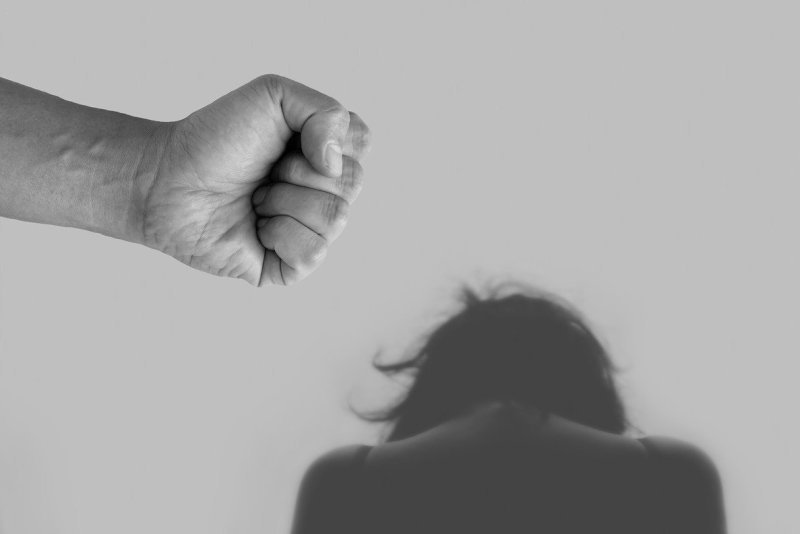New research shows that teen boys who witness emotional or physical abuse of girls and women are more likely to commit the same acts. Photo by
Tumisu/Pixabay
Dec. 30 (UPI) -- Bullying and other forms of abuse among teens may be brought on by peer pressure, a new study suggests.
In an article published this month in the American Journal of Preventive Medicine, researchers report that teen boys who witness their peers abusing women and girls are significantly more likely to bully and fight with others, as well as behave abusively toward females, when compared to those who don't witness these behaviors.
In addition, the authors observed that adolescents and teens with more equitable gender attitudes -- who believed that boys and girls deserve equal opportunities and respect, for example -- were also less likely to report violent behavior.
"The #MeToo Movement brought to light how pervasive sexual violence and derogatory behavior toward women is in our society," lead author Elizabeth Miller, professor of pediatrics, public health and clinical and translational science at UPMC in Pittsburgh, said in a press release. "Our findings highlight the wide-ranging impact that witnessing sexual harassment and dating violence has on our teenage boys, and present an opportunity to teach adolescents to challenge negative gender and social norms, and interrupt their peer's disrespectful and harmful behaviors."
The study was designed to gather information from American male adolescents and teens in community-based settings -- as opposed to schools or clinics -- regarding violence, including bullying and sexual harassment, and the role of gender norms and peer behaviors.
To do so, Miller and her team surveyed 866 13- to 19-year-old boys at after-school programs, libraries, churches and other youth-serving organizations in 20 lower-resource Pittsburgh neighborhoods. The research was funded by a grant from the Centers for Disease Control and Prevention.
The teens completed the surveys anonymously between August 2015 and June 2017 as part of a study evaluating the impact of a program to address sexual violence, called Manhood 2.0. Of the participants, 70 percent identified as African-American and 21 percent described themselves as Hispanic, multiracial or "other."
Of the 619 boys who said they had dated, roughly one in three reported using abusive behavior toward their dates in the previous nine months. Sexual harassment was also common, with 485, or 56 percent, of the participants saying they'd engaged in such behavior. And 587, or 68 percent, said they'd been in physical fights, or threatened or injured someone with a weapon.
Boys who said they'd witnessed their peers engaging in two or more of nine different harmful verbal, physical or sexual behaviors toward women and girls were more than twice as likely to engage in a variety of violent behaviors, some having nothing to do with women or dating.
Notably, the research team did not find that teens who reported having more gender equitable attitudes were any less likely to engage in homophobic teasing, something three-quarters of the survey respondents said they supported.
"This reinforces that pressure to conform to stereotypes about masculinity that perpetuate harmful behaviors toward women and girls also is associated with getting in a fight with another guy," Miller said. "These behaviors aren't happening in silos -- if we're going to stop one, we need to also be addressing the other."















